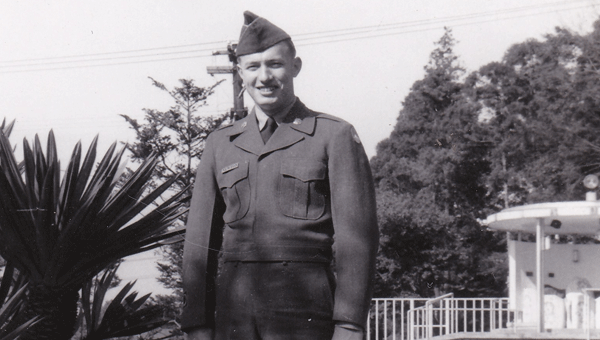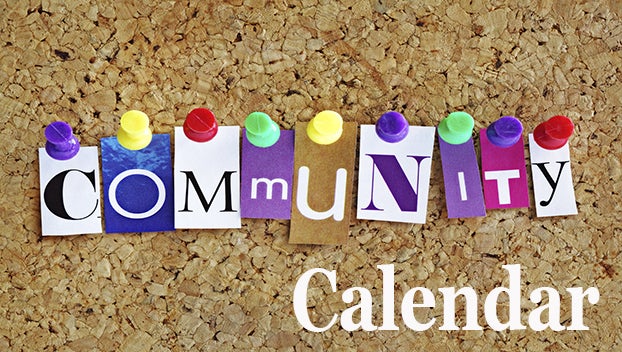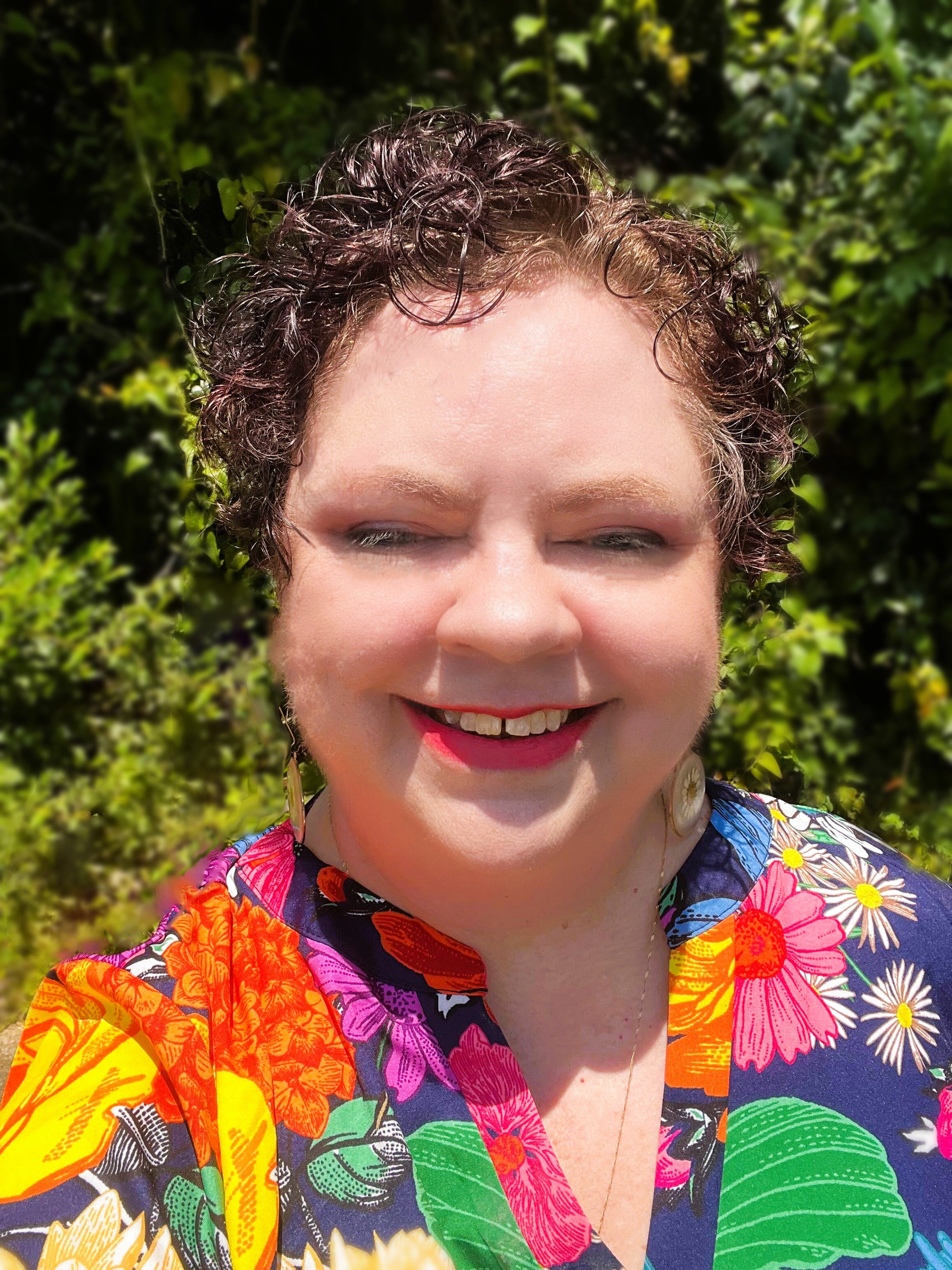Veteran reflects on war’s effects on family
Published 11:57 pm Friday, November 11, 2016

Pictured is 20-year-old Private John Newton, shortly after joining the military in 1956. The photo is one of Newton’s few remaining keepsakes of his time in the service.
If you’ve ever wondered what life was like for the Vietnam soldier, consider watching critically acclaimed 2002 film “We Were Soldiers,” based on a non-fiction book about the first, and possibly worst, major battle of that controversial war.
“That movie was accurate. A little too accurate, I’d say,” John Newton, who served three tours in Vietnam and was twice awarded the Purple Heart, recalls.
“If I had actually realized what the film was going to be about, I wouldn’t have said to my wife we’d see it. Brought back a lot of things . . . things that were hard to remember.”
The Butler County native (“I was born and raised at the end of the same dirt road where I live now”) was young and single when he enlisted in 1956. Newton began his army career as a military policeman, serving three years in Japan. Re-enlisting after returning stateside, he was sent to Sacramento, California where he met his future wife, Gloria. By the time Newton was first deployed to Vietnam in 1965, he was a family man.
“My daughter Amy—she would have been just five at the time—made it awfully hard for me to get on that bus,” Newton recalls.
“I really feel like it’s always worse for the family you leave behind than it is for you. We knew what was going on, and they didn’t.”
In February 1966, Newton’s wife Gloria received the kind of news every military family dreads: her husband, who had moved into the aviation sector of the military, was missing in action.
“The chopper I was in was shot down. Both the pilot and co-pilot died . . . the gunner and I made it out,” Newton says. “On the second day, we ran across the enemy. The gunner threw down his weapon and ran.” He pauses for a moment, then shakes his head. “They cut him down.”
On the third day after being shot down, Newton heard American voices. “This fellow tripped over something and started cussing. I have to say it was music to my ears at that point,” he says with a wry grin, adding, “Of course, I was sort of afraid they might shoot me, too. After all, the password had changed by then.”
Fortunately, Newton was not the victim of friendly fire. “As soon as they picked me up, they made contact with my wife back in Columbus, Ga., to let her know I was OK.”
That is a good memory. The kind that is easier to recount. He does not like sharing old war stories, he says.
What kept him going when the odds were against him?
“Willpower. The willpower to live.”
Newton had also made a promise to his wife.
“I told her, you don’t ever have to worry about me being a POW. I said if it came to it, I’d take as many of them with me as I could—but I would not be held captive,” he says.
While living in Japan, Newton studied karate in Japan with one of the best teachers available. He believes this form of self-discipline and self-defense served him well during those three intense and chaotic tours in Vietnam (1965-66, 68-69 and 1971).
“I didn’t have a choice about going over there. You went where they sent you. I was in aviation and that was the highest priority. It turned out I was sent on that third tour because I’d done a good job,” Newton says.“If I’d been a goof-off I guess I might not have had to go back that last time.”
You did what you had to do to survive in country. “I remember us being stuck out in the middle of nowhere with no food,” he says. “This tiger came along.” Newton pauses. “Ate tiger for the first time.”
It was more than the will to survive that kept him going through the darkest moments of the war. It was also trying to look out for his fellow brothers in arms and help them survive.
“We all knew that we wouldn’t all make it. I saw friends die. That’s the way it was. But we tried our very best to look out for each other, to make sure everyone DID make it,” Newton recalls.
He remembers a time when some of his fellow soldiers were in peril and desperately needed aid.
“I went to climb into the Huey to go get them and there were a bunch of mechanics in the chopper waiting for me. I reminded them we had four guys to pick up and needed room,” Newton says. “The thing is, it made me feel better to know these guys were ready and willing to go with me to get those boys if they could.”
Yes, there were memories that are easier to recall. There was a certain friend who often “raised Cain” after a few too many drinks, requiring Newton to jump in and assist. “Not sure how many fights I tried to break up. He still calls me every so often just to say thanks,” Newton says.
He served his 20 years in the military, retiring in 1976.
Several years ago, a fire destroyed Newton’s uniforms and many of his photographs and other memorabilia. But the memories remain.
“One of my granddaughters got me a DVD of ‘We Were Soldiers.’ I said, ‘Thank you, but I won’t ever watch it,’” Newton said, shaking his head.
Some memories are easier to recall than others for a combat veteran, you see.





